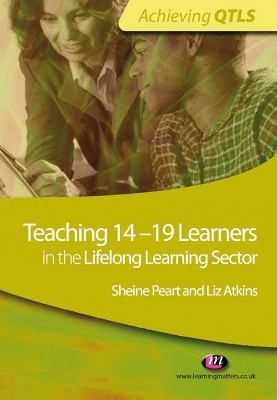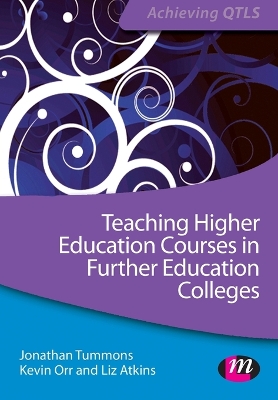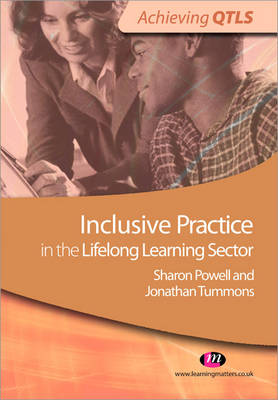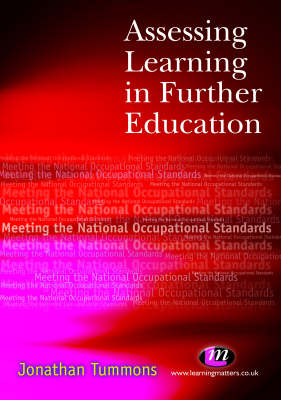Achieving QTLS
6 total works
Minimum Core for Numeracy: Knowledge, Understanding and Personal Skills
by Sheine Peart
This book is a practical guide to numeracy for trainee teachers in the Lifelong Learning sector. It enables trainee teachers to identify and develop their own numeracy skills and also to support their students' numeracy.
Teaching 14-19 Learners in the Lifelong Learning Sector
by Sheine Peart and Liz Atkins
Teaching Higher Education Courses in Further Education Colleges
by Jonathan Tummons, Kevin Orr, and Liz Atkins
The text covers day-to-day aspects of teaching including planning and assessment, giving guidance on the unique needs of HE students. Chapters on research and quality assurance support the reader in developing some advanced teaching skills. This is a practical guide for FE teachers and trainee teachers as the sector adapts to the needs of education today.
Inclusive Practice in the Lifelong Learning Sector
by Jonathan Tummons and Sharon Powell




